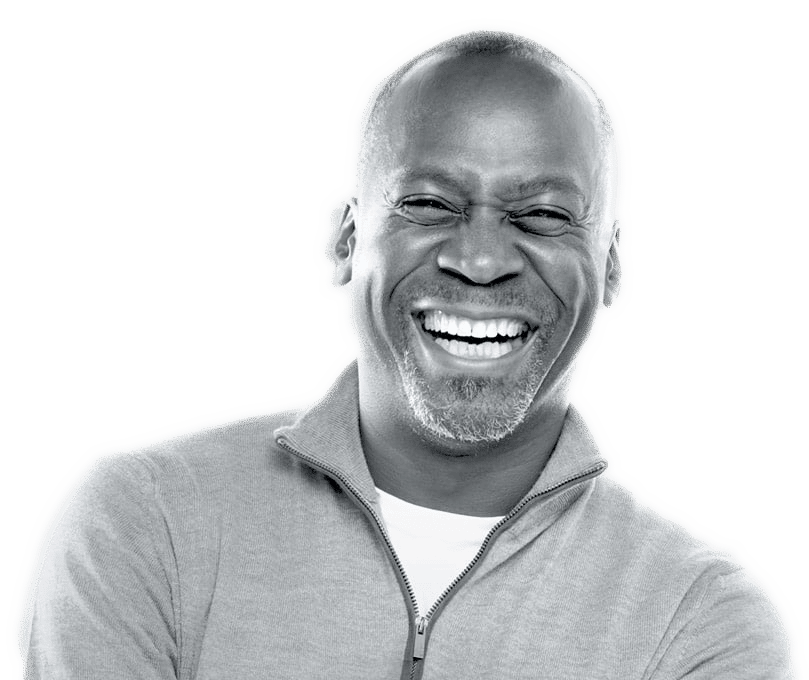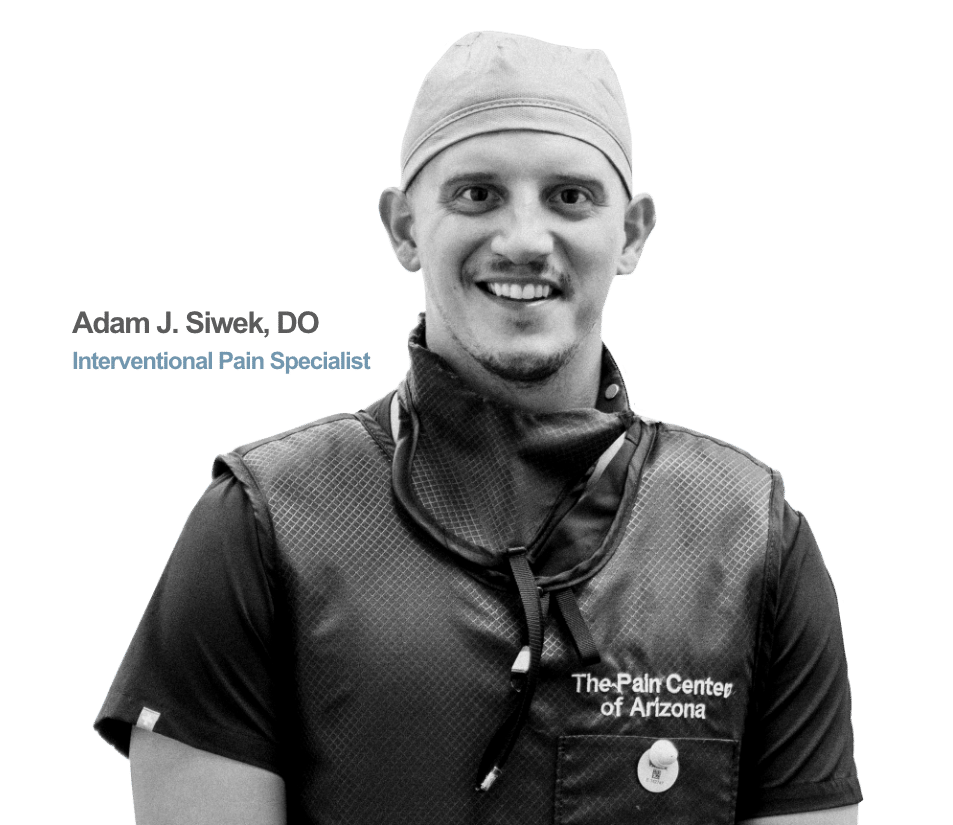
I’m Back Baby
Get Back Into Life
The #1 Pain Management Clinic in Arizona
Meet Deborah
TPC Patient Story
Follow Deborah Colebeck’s journey through coping with her severe chronic pain and finally finding relief in the care of pain specialists at The Pain Center.
Meet Our Providers
The Pain Center is a comprehensive pain management practice that utilizes advanced therapies to effectively diagnose and treat chronic pain. Founded in 2002, we put a heavy emphasis on in-depth diagnostic evaluations, highly integrated physician teams, and multidisciplinary, therapeutic approaches to care.



Second Opinion Program
Get another medical opinion from one of our trusted Providers.
We’re Right Next Door
10 convenient centers across the valley


My Surgeon Rocks
See what our patients are saying

Joe, TPC Patient since 2003
This is the best pain center ever. I have been going to see doctors since 1996 [because] I have had so many back surgeries. Dr. Mattew W. Doust is a great doctor. He takes time with you and lets you know how he can help you.

Joan, TPC Patient since 2012
My experience at the Prescott Pain Center has been remarkable….
They all care very much, providing not just professional and excellent care, but making me feel welcome and as if my conditions were important to them.





